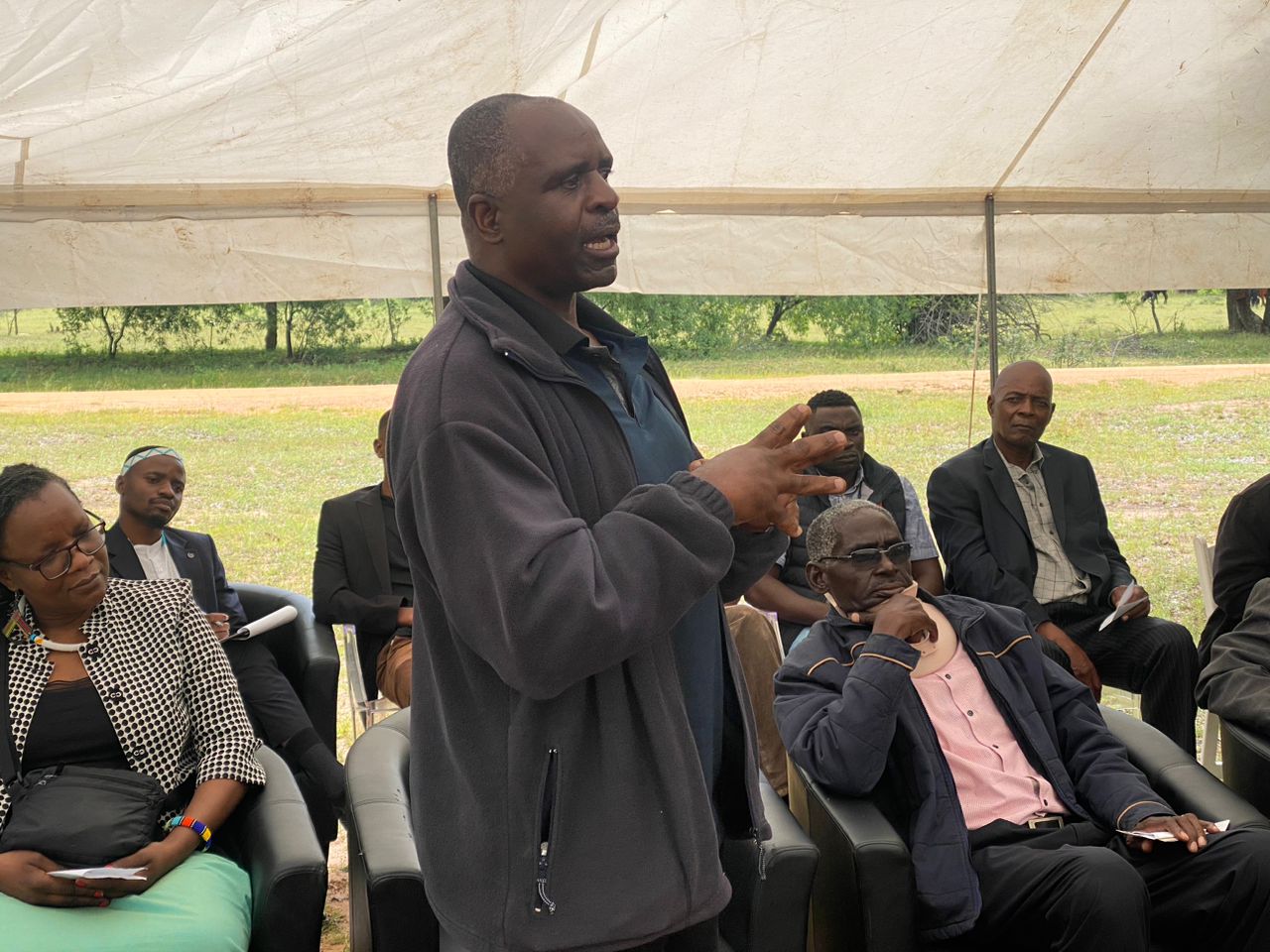The Chief Executive Officer of Zwane Enterprise (Pvt) Limited, Engineer Bekithemba Mbambo, has voiced serious concerns over the final concession agreement for the US$110 million Old Gwanda Road construction and upgrading project, accusing the government of attempting to “capture” the project.
The dispute raises broader questions about the challenges facing public-private partnerships in Zimbabwe’s infrastructure sector.
The project, assigned to Zwane, involves upgrading a 120 km stretch from Bulawayo through Matobo to Gwanda and was approved by the Cabinet in May 2024.
However, Mbambo’s recent letter to the Ministry of Transport and Infrastructure Development highlights what he describes as an “attempted project and Cabinet approval capture.”
In his letter dated August 20, 2024, addressed to the Permanent Secretary in the Ministry of Transport and Infrastructure Development, Engineer Joy Pedzisai Makumbe, Mbambo expressed deep reservations about the final concession agreement communicated by the ministry on August 14, 2024.
He criticised the introduction of new clauses, particularly Clause 11.3, which proposes a 30 percent gross royalty, as a major point of contention.
“Clause 11.3 is a new entrant. In our almost three years of interactions and negotiations, never once was the 30 percent gross royalty mentioned. We hear of it now in this document,” Mbambo stated. He argued that the clause would not only skim profits but also rapidly deplete the capital needed for the project, questioning whether the state would even care about Zwane Enterprise’s profitability.
Mbambo described the agreement as “grossly parasitic,” pointing to Section 8 as an example of “project capture.”
He criticised the proposed shift of control from Zwane to a “so-called joint implementation committee,” which, along with an independent engineer paid by Zwane but not answerable to the company, would effectively manage the project.
“Zwane identifies the project, secures Cabinet approval, and obtains funding, but then control is handed over to a joint implementation committee. A Mr King, an independent engineer paid by Zwane but not accountable to us, will effectively run the project,” Mbambo wrote.
He also expressed concern about the potential for spurious corruption charges against Zwane, which could lead to the company’s removal from the project without due process.
“If anyone wants to control a project in this manner, they should secure their own funding instead of using government offices for project capture,” Mbambo asserted.
Mbambo pointed out that the final agreement lacked any concessions or favourable payment terms for Zwane.
“There seem to be zero incentives offered to Zwane to undertake this project,” he remarked. He added that signing the document before the August 23, 2024 deadline was “not feasible” and that legal and financial advisers would need to thoroughly review the agreement.
In an interview with CITE on Tuesday, Mbambo reiterated his commitment to the Old Gwanda Road project but emphasised that the terms must align with the spirit of the Cabinet’s original approval.
“We are currently negotiating the BOT (Build, Operate, Transfer) Licence terms. Their first pitch was far off the mark and not in line with the Cabinet’s approval,” he said.
“We hope to reach a consensus soon. The Old Gwanda Road Rehabilitation project must proceed and set a good precedent at all levels.”
Mbambo also revealed that the Ministry of Transport and Infrastructure Development had suggested a meeting between Zwane, the Ministry, and the Zimbabwe Investment and Development Agency (ZIDA) to resolve the issues.
“We agree,” Mbambo said. “We were hoping for a meeting this week and are awaiting their suggestion.”
The Old Gwanda Road project is significant as it reduces the distance between Bulawayo and Gwanda by six kilometres compared to the existing route via Esigodini, Mbalabala, and Colleen Bawn.


The 30% royalty is a “corruption levy” imposed on all projects by the ZANU PF government..